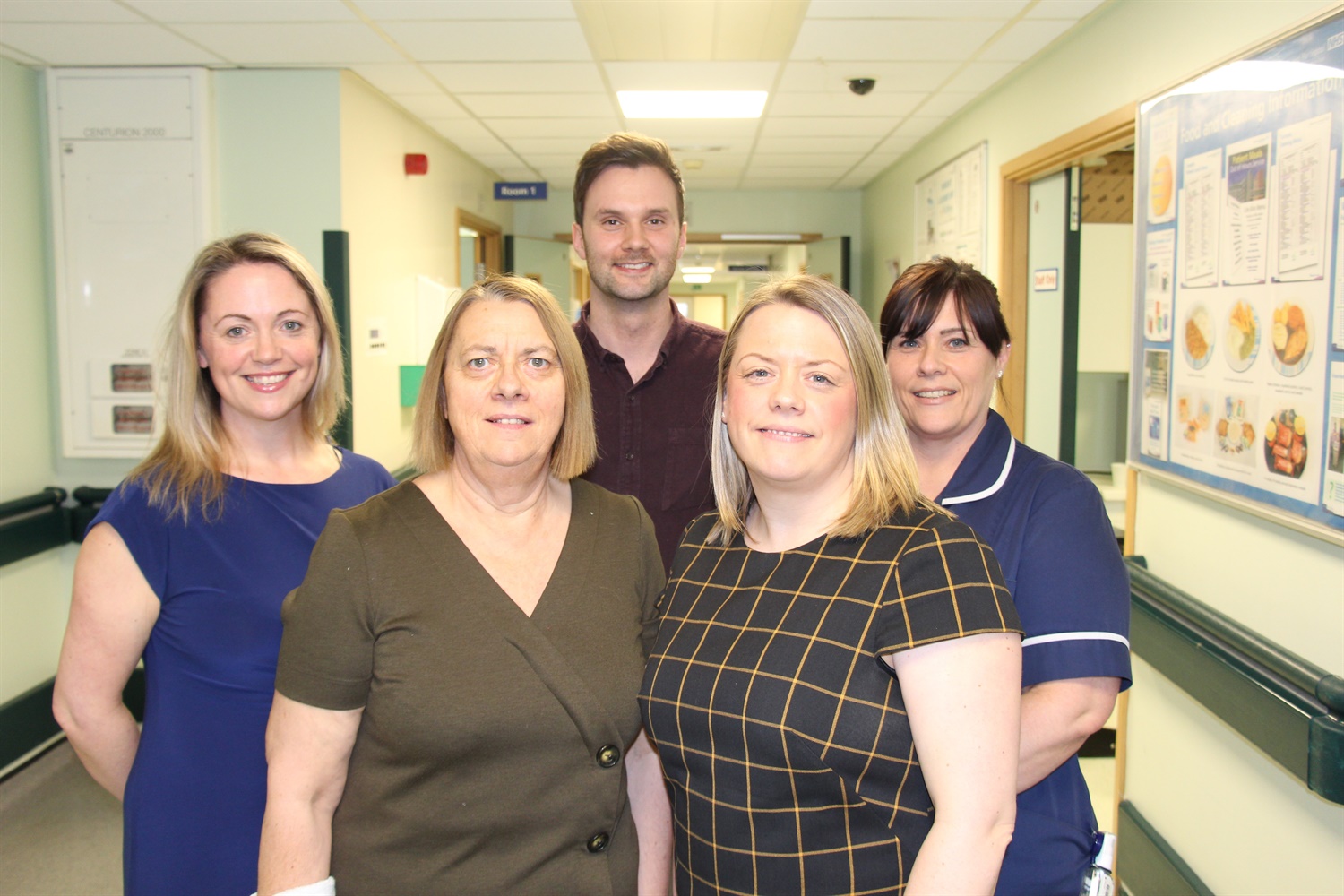20.07.20
Redesigning OPAT: Improved Capacity, Better Patient Care
Dr Mogjan H Sani, Director Medicines Optimisation, North Tees and Hartlepool NHS Foundation Trust
Rebecca Alexander, Associate Chief Pharmacist Clinical Services, North Tees and Hartlepool NHS Foundation Trust
Richard Cowan, Lead Antimicrobial Pharmacist
Outpatient Parenteral Antibiotic Therapy (OPAT) is now a routine part of care in the UK following demonstration that it is safe and effective for patients. Since first development in the UK around 20 years ago, OPAT services have expanded significantly. This is thought to be due to a number of factors, such as financial pressures in the NHS, the focus on moving care out of acute hospitals, development of antimicrobial agents that can be administered once daily, weekly or as continuous infusions, advances in vascular access and infusion devices, and OPAT acceptance by patients and healthcare professionals. Furthermore, OPAT is now being actively promoted as part of the UK government’s stewardship initiatives.
Historic service provision within North Tees and Hartlepool NHS Foundation Trust was for Rapid Response Nurses from the Trust's Out of Hospital Care Team to visit patients in their own home to administer IV antibiotics, but due to resources and time, this was limited to one or twice daily administration. A switch of agent would often be required to an antibiotic that was more costly or had an increase in side effects, e.g. C.difficile infection. Patients with respiratory illnesses were particularly problematic as they often could not be switched to once daily antibiotics, due to lack of availability of appropriate agents with the correct spectrum of activity (namely cover for Pseudomonas sp). They would instead be switched from piperacillin/tazobactam three times a day to an agent such as meropenem at twice daily dosing in order for them to be discharged home with OPAT.
Antibiotic resistance is on the rise and carbapenem agents are usually reserved as a last resort and therefore not recommended for routine use. As part of a service redesign we decided to look into alternatives to this switch of agent that would still allow patients to be discharged home on IV antibiotics, but without having to use carbapenem resources unnecessarily.
Following a review of OPAT services, it was recognised that an elastomeric pump device was available, which would allow for antibiotics to be infused over a 24-hour period in the patient's own home. This would not only allow for us to use alternative first and second line agents, as opposed to third line, but would also free up nursing time and increase the capacity of the team to provide services to additional patients. Research was undertaken into trusts who were already using the device and the advantages they had seen from its use.

As part of a collaborative approach to introducing this new device, the Antimicrobial Pharmacist held meetings and discussions with the nursing leads who run the OPAT service and it was established that they were happy to trial the device, after appropriate training from the company. This training was arranged and a protocol drawn up by the pharmacist in collaboration with the nursing teams and microbiologists. Other stakeholders that were consulted included the respiratory consultants whose patient's would be using the service and also the teams who would be responsible for inserting midlines/PICC lines that would be required by all patients using the device. Collaboration also took place with teams from other organisations who had previously introduced this device, to ensure shared learning across the services.
As a result of the redesign, a new model of OPAT is being set up on one of the hospital sites at a 'hub' for ambulatory patients. This hub allows for patients to come to the hospital at a time convenient to them and means they are not waiting at home for nurses to call. The hub also means that the nurses are travelling less and can therefore see more patients and provide the benefit of the service to increasing numbers. There is still the option of home-based treatment for those patients who cannot travel and need to be seen in their own homes.
The service encountered an issue with incomplete emptying of the device when attached to patients. Through collaboration between the Antimicrobial Pharmacist, nursing staff from our own trust and other trusts who had used the devices, and our patients, it was identified that the reason for this was due to the IV line being too narrow to allow the correct flow rate. Further advice was sought and the correct line identified, and further training organised for the staff who will be inserting and maintaining the lines.
Whilst this service is currently limited to respiratory patients in an OPAT setting, there is interest from other parties within the Trust to expand this further. There is currently available evidence for the use and stability for additional antibiotics to be given using the device, such as flucloxacillin, so discussions are to be held with the additional teams to utilise this antibiotic in a similar way. There has also been interest from nursing teams in in-patient areas within the trust, due to the potential for freeing up nursing time on acute wards. Further stability data is still pending, but if results are favourable and the costs for diluents can be kept to a minimum, there is every opportunity for this system to be scaled up in in-patient areas to free up time to care for nursing staff.